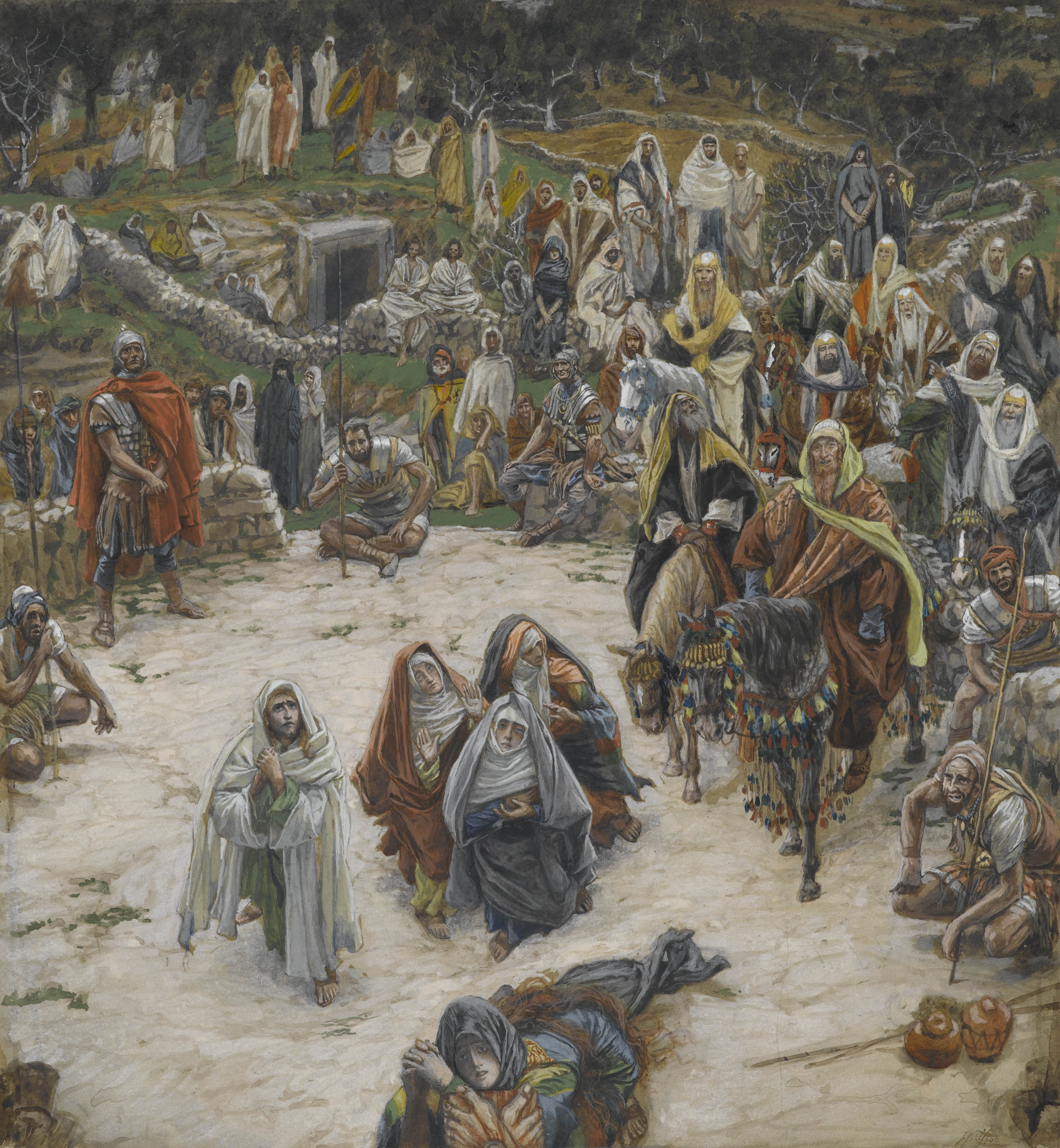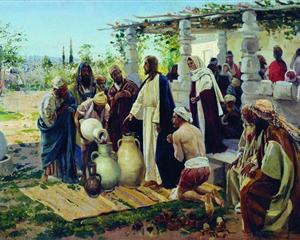This post is by Brody Stewart, Verbum Marketing and Promotions Coordinator.
When I meditate upon Jesus’ crucifixion, I can’t help but think about Palm Sunday. Why is that?
Palm Sunday should be a celebration of Christ’s victorious entry into Jerusalem (Mt. 21:7-9); the fulfillment of messianic prophesies (Zec. 9:9); and the royal procession for the King of All Creation (Lk. 19:39-40).
But during the Palm Sunday liturgy, these triumphant events are juxtaposed with a memorial of Christ’s crucifixion.
If you’re a contemporary American Catholic (like myself), you’ve probably celebrated a Palm Sunday Mass in which the Gospel is read more like a play than a pericope. The priest takes the role of Jesus, the lector narrates, and the people in the pews speak for the angry mob. As the narrative progresses, we inevitably come to the scene of Christ’s condemnation:
Pilate again said to them in reply, “Then what do you want me to do with the man you call the king of the Jews?” They shouted again, “Crucify him.” Pilate said to them, “Why? What evil has he done?” They only shouted the louder, “Crucify him.” So Pilate, wishing to satisfy the crowd, released Barabbas to them and, after he had Jesus scourged, handed him over to be crucified. (Mark 15:12-15, NABRE, emphasis added)

We, as hapless members of the congregation, are compelled to chant: “Crucify him! Crucify him!”
It’s very uncomfortable. It ought to be.
It’s easy for us to picture the pristine, glorified Christ hanging on a cross. It’s far more difficult to picture the blood, the pain, and the death—in short, the penalty for our sins.
The truth of the matter is that we are responsible for Christ’s death. Every time we lie, cheat, or steal; every time we gossip, slander, or boast; every time we lust, lash out, or refuse to forgive—we may as well be shouting, “Crucify him!”
When I meditate upon the crucifixion, I can’t help but think about my own part in Christ’s passion and death. It’s sobering, but it’s also illuminating. It transforms the Sunday-school platitude into a life-giving reality:
“While we were still sinners Christ died for us” (Romans 5:8, NABRE).




